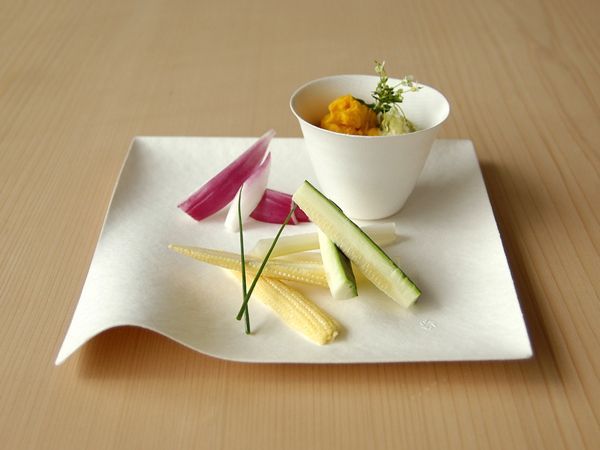TOKYO — The Ministry of the Environment will include some 5 billion yen in its fiscal 2019 budget request to commission the development of biodegradable plastic products and subsidize companies producing paper alternatives to plastic items in a bid to reduce marine plastic waste, according to ministry officials.
Biodegradable plastics are made from plants such as corn or sugarcane and can be broken down by microorganisms in soil. The material was first developed in the 1980s and is used in wrapping materials, but has not been widely adopted as it remains more expensive than plastics made from oil.
The ministry plans to drum up demand for biodegradable plastics by commissioning companies and research institutions to develop daily-use products such as food containers made from the material at lower costs. The ministry hopes that reducing petroleum-based plastics will lower greenhouse gas emissions from incinerating them.
European and other countries have strengthened restrictions on onetime use plastic products such as drinking straws, and they are expected to be replaced with items made from biodegradable plastics or paper. The ministry plans to shoulder one-third to half of new investment in equipment by companies planning to boost production of alternatives to plastics at a pace faster than their overseas competitors.
Plastic waste breaks down into microplastics 5 millimeters or smaller in size as they flow from the river into the ocean, and are said to adversely affect the ecosystem. As China banned the import of plastic waste at the end of last year, the materials are piling up in Japan with no place to go. The environment ministry plans to draw up a strategy for the recycling of plastic resources by June next year, and implement the strategy — along with the subsidy program for biodegradable plastics — to promote plastic waste reduction and recycling.



